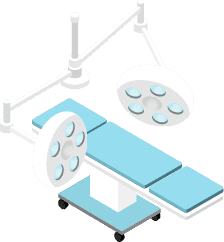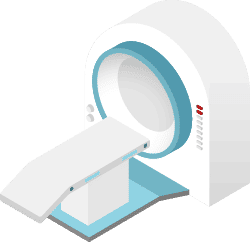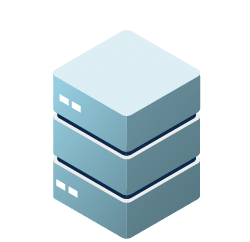
HOSPITALWEB
As part of patient care, the planning of medical activities and the monitoring of therapeutic projects are essential elements in ensuring quality care.
WebHospital, with its Electronic Patient Record, offers an optimised solution for managing these aspects in a fluid and collaborative way, improving coordination between healthcare teams and personalising care.
Adapting to the therapeutic plan for personalised care
One of WebHospital’s major assets is its ability to adapt to each patient’s individualised therapeutic plans. This PGD makes it possible to define clear, personalised objectives based on the patient’s state of health, specific needs and medical recommendations. Healthcare professionals can monitor treatment progress in real time, adjust care and document the impact of therapeutic interventions.
By making it easier to personalise care, WebHospital guarantees individualised care, with each patient receiving follow-up tailored to their rehabilitation or treatment goals. This not only improves the quality of care, but also the patient experience.
The challenges of the therapeutic project
The therapeutic project is a personalised care plan that defines the treatment and rehabilitation objectives for each patient. It is an essential part of overall care, particularly in Medical and Rehabilitation Care establishments, where support is focused on improving autonomy and quality of life.
The main challenges of the therapeutic project are:
- Personalised care: Each patient has specific needs. The therapeutic project enables treatments to be adapted to the patient’s state of health, personal goals and social or family context. This ensures individualised, patient-centred care.
- Multidisciplinary coordination: The therapeutic project involves several professionals (doctors, physiotherapists, psychologists, etc.) working together to achieve common goals. This guarantees comprehensive and coherent care, with fluid communication between all those involved.
- Ongoing assessment and adjustment: The therapeutic plan is evolving and requires regular reassessments to adjust care in line with the patient’s progress. This monitoring enables treatments to be optimised and objectives to be adapted in real time.
- Improving the patient experience: By involving patients in defining their care objectives, the therapeutic project encourages their commitment to the rehabilitation process. This improves not only the effectiveness of care, but also the patient’s well-being and satisfaction.
WebHospital makes it easier to manage these challenges by offering a digital tool that centralises, organises and monitors each stage of the therapeutic project, guaranteeing appropriate, coordinated care.
Activity planning and multidisciplinary coordination
Activity planning is another central aspect of the WebHospital software. It enables care teams to organise interventions (medical care, rehabilitation sessions, psychological consultations, etc.) in the best possible way, while taking into account the availability of the various professionals involved in the patient’s care. Thanks to its advanced planning functions, WebHospital encourages fluid multidisciplinary collaboration, where tasks are allocated efficiently and team meetings can be easily scheduled.
The visualisation of treatment schedules and objectives ensures consistent monitoring of patient progress, while avoiding delays or overlapping of interventions. This guarantees continuous care, in phase with patients’ rehabilitation or care needs.
Continuous improvement of care and traceability
WebHospital also offers tools for monitoring and analysing therapeutic results, enabling the impact of interventions on the patient’s condition to be assessed. This data is crucial for adjusting treatment plans in real time and identifying areas for improvement in care management. The traceability of actions carried out in the patient file software guarantees the transparency of operations and secure documentation of health data.
In conclusion, WebHospital stands out for its ability to optimise both care planning and the management of individualised therapeutic projects, thereby meeting the requirements of modern healthcare establishments. This global approach improves team coordination and the quality of care, while ensuring rigorous data traceability.












